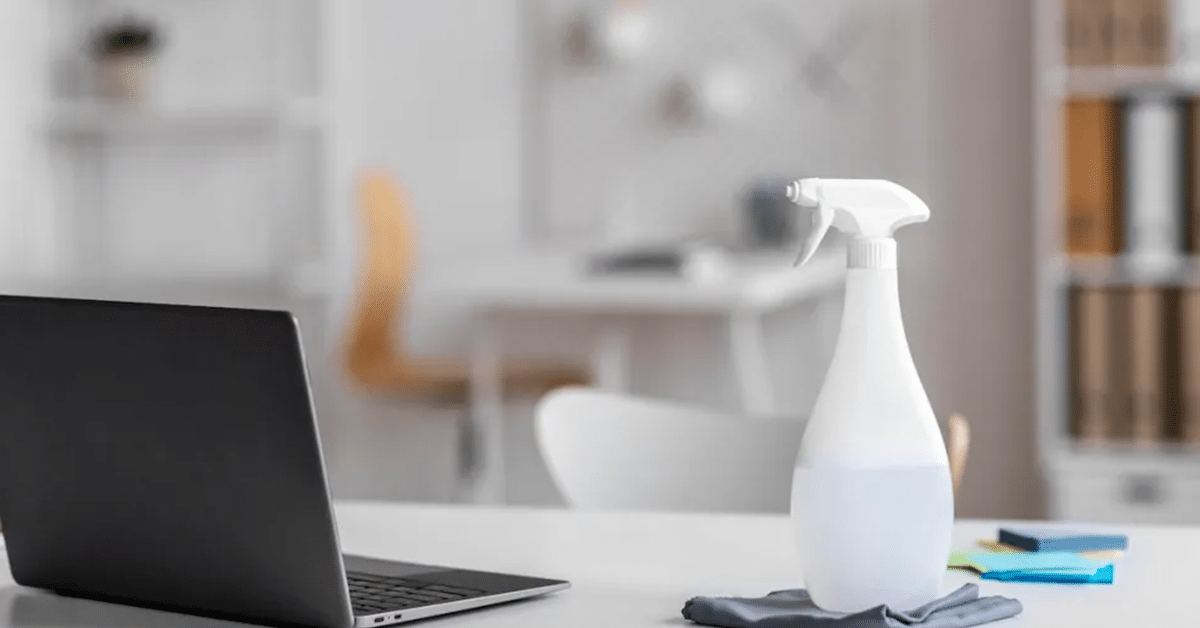Podcasts are increasingly popular in the US and worldwide. In 2022, 82 million Americans tuned in to an average of 5 podcasts per week. Therapists are increasingly using podcasts to market practices, promote mental wellness, and supplement income. Is podcasting right for you? Here are some pros and cons of podcasting as a therapist:
Pros
Establishes you as an expert in your niche– Podcasting is an opportunity to enhance your brand, including your area of expertise, philosophy, and approach to treatment. While you may choose to cover a variety of topics in your podcast, sticking to a particular niche will help to distinguish you from other podcasters.
Supplements 1:1 counseling– Most patients only get one, 50-minute session per week. Podcasting allows you to provide additional psychoeducation and/or reinforce strategies discussed in treatment. For example, if a patient wants to know more about mindfulness, you can direct them to an episode on the topic.
Ease of production– All you really need to create and publish a podcast is a smartphone and internet access. However, there are a few other pieces of equipment that are well worth the initial investment. A stand-alone microphone will provide better sound quality, and editing software will increase efficiency by allowing you to delete mistakes. Both of these items can be purchased for under $100.
Marketing– Podcasting enables you to reach a broader audience than some other forms of marketing. Your listeners are likely to include people who are generally interested in psychology in addition to those who are actively seeking treatment. You can then direct these listeners to your website, invite them to subscribe to your newsletter, etc.
Networking with other thought leaders– Podcasts commonly include interviews with authors, researchers, and other field experts. Thus they can provide unique opportunities for in-depth discussions with colleagues and mentors.
Possible additional income– Once you’ve established a following for your podcast, you can offer a subscription service for a small fee or use advertising to generate income. Kirk Honda, Psy.D., host of the podcast Psychology in Seattle, was not expecting much when he asked listeners to become patrons for $5 a month. But then “a causal loop occurred.”
As more people became patrons, I was able to take fewer clients and supervisees, which meant I could spend more time on the podcast, which made the podcast better, which attracted more listeners, who donated more money, and so on. Fast forward to 2019, and now I spend more time and make more income from the podcast than I do from all my other work activities combined: therapist, professor, supervisor, and author.
–Kirk Honda, Psy.D., host of Psychology in Seattle
Cons
Time– Creating a successful podcast requires a significant investment of time and energy, especially in the beginning. Consider that most podcasts release new episodes weekly, and a 30-minute episode takes an average of 4-5 hours to edit.
Technical skill– Producing a podcast requires a basic understanding of recording and editing software. If tech isn’t your thing, you might find the learning curve difficult to surmount.
Promotion– In order to grow your audience, you will need to market your podcast. You can do this over time by sharing a link via social media, inviting guest speakers from other podcasts, etc. However, paid promotions will grow your listenership more quickly.
Ethical considerations– Because you will be wearing a different “hat” as a podcast host, it might feel natural to relax some of your professional boundaries. For example, you might be more likely to talk about a personal experience or express an opinion on a controversial topic. As a rule of thumb, assume that all of your clients are going to be listening to every episode. If you wouldn’t say it in the therapy room, don’t say it on the air! In addition, you will want to take precautions against dual relationships by disclosing your role as a podcast host during the informed consent process.
Conclusion
Podcasting is an opportunity to provide valuable content to current and prospective patients. However, as the popularity of podcasts has increased, so has the degree of competition! Before you embark upon your podcasting venture, make sure you have the time and resources required to make it successful. You can help your podcast stand out by defining a specific niche and investing in technology and marketing.
Keep Reading
Want more? Here are some other blog posts you might be interested in.









